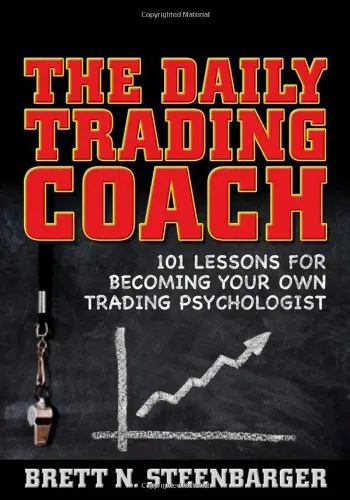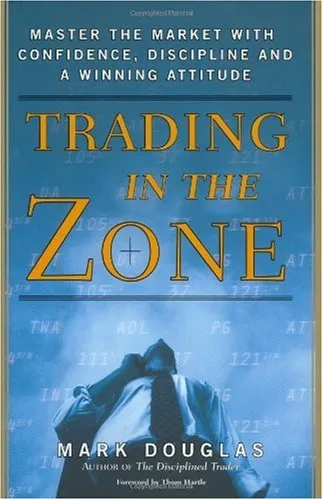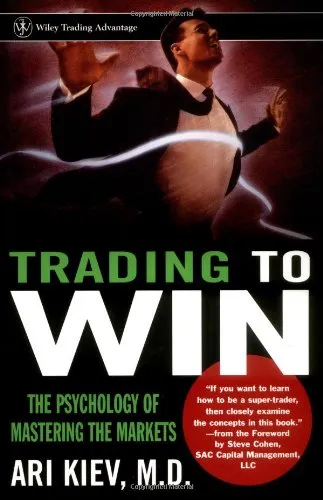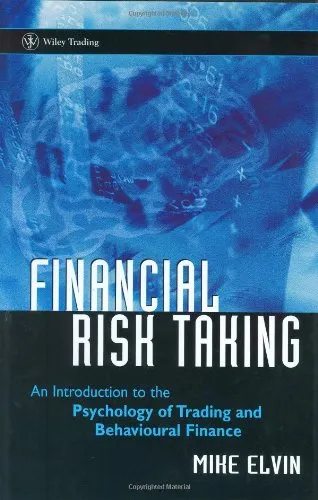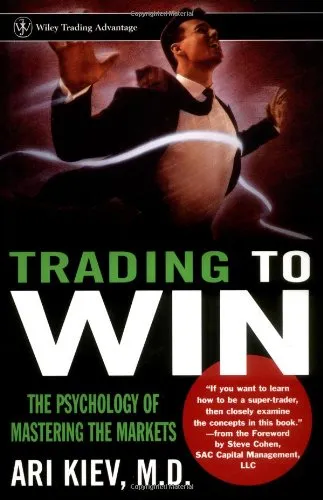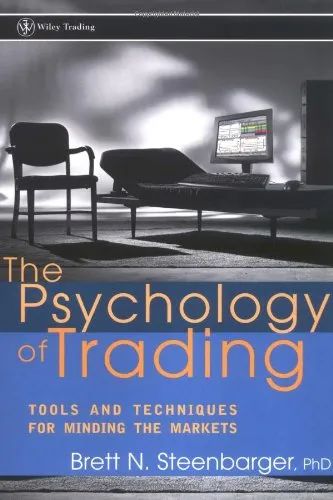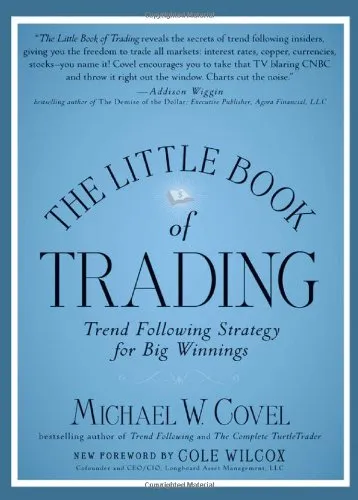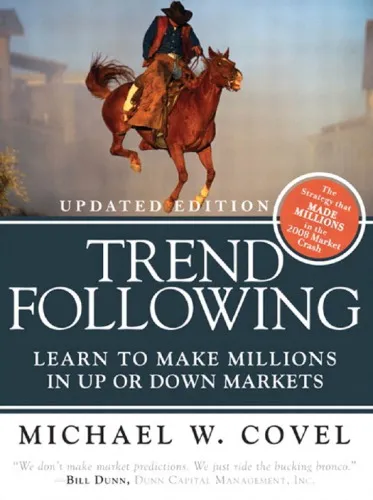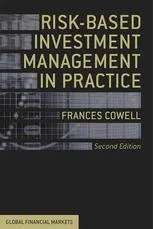The Psychology of Successful Trading: Behavioural Strategies for Profitability
4.3
Reviews from our users

You Can Ask your questions from this book's AI after Login
Each download or ask from book AI costs 2 points. To earn more free points, please visit the Points Guide Page and complete some valuable actions.Related Refrences:
Introduction to 'The Psychology of Successful Trading: Behavioural Strategies for Profitability'
In the fast-paced world of trading, where fortunes can be made or lost in seconds, understanding the psychological aspects of making profitable trades can be the edge a trader needs to succeed. 'The Psychology of Successful Trading: Behavioural Strategies for Profitability' delves deep into the minds of traders to uncover the crucial role psychology plays in the financial markets. The book provides invaluable insights, strategies, and real-world applications to help traders harness their mental strengths and navigate the complexities of the market.
Detailed Summary
The book is structured to guide the reader through the essential components of trading psychology, with a strong emphasis on how behaviors, emotions, and cognitive biases directly impact trading performance. Beginning with an exploration of the psychological principles that affect trading decisions, it identifies common pitfalls traders face, such as fear, greed, and overconfidence. The chapters then move towards strategies that help mitigate these negative influences, offering a roadmap for developing a disciplined and focused trading mindset.
Furthermore, the book introduces readers to behavioral finance concepts, illustrating how market psychology creates patterns and trends that can be anticipated. It leverages scientific research and evidence-based techniques to help traders enhance their emotional resilience, maintain objectivity, and build confidence in their trading strategies. The narrative is enriched by real-life examples from seasoned traders, case studies, and practical exercises designed to reinforce the methodologies discussed.
Key Takeaways
- Understanding and identifying personal biases and emotions that affect trading decisions is critical for success.
- Developing a disciplined trading process can help in mitigating errors caused by irrational behavior.
- Emotional resilience and effective stress management are key components of sustainable trading performance.
- Utilizing behavioral finance principles can provide a strategic advantage in recognizing market trends.
- Continuous learning and adaptation are vital in keeping pace with changing market dynamics.
Famous Quotes from the Book
"In trading, the most vital skill is not predicting the market, but managing oneself."
"Successful trading is as much about understanding human behavior as it is about understanding market dynamics."
"The greatest enemy of a trader is often not the market, but the emotions that cloud rational decision-making."
Why This Book Matters
'The Psychology of Successful Trading: Behavioural Strategies for Profitability' is more than just a guide to understanding market psychology; it is a comprehensive manual that empowers traders to take control of their mental processes and enhance their trading results. As financial markets become increasingly complex and competitive, traditional analytical methods alone are often insufficient for achieving consistent profitability. This book matters because it bridges the gap between market theory and psychological practice, providing traders with the tools to gain a competitive edge.
In a world where technology and information are readily accessible, the distinguishing factor in trading success lies within the human mind. By addressing both the challenges and opportunities presented by trading psychology, this book offers invaluable wisdom for both novice and seasoned traders alike. Its importance resonates in its ability to transform trading from a speculative venture into a systematic, disciplined, and rewarding profession.
Free Direct Download
You Can Download this book after Login
Accessing books through legal platforms and public libraries not only supports the rights of authors and publishers but also contributes to the sustainability of reading culture. Before downloading, please take a moment to consider these options.
Find this book on other platforms:
WorldCat helps you find books in libraries worldwide.
See ratings, reviews, and discussions on Goodreads.
Find and buy rare or used books on AbeBooks.




